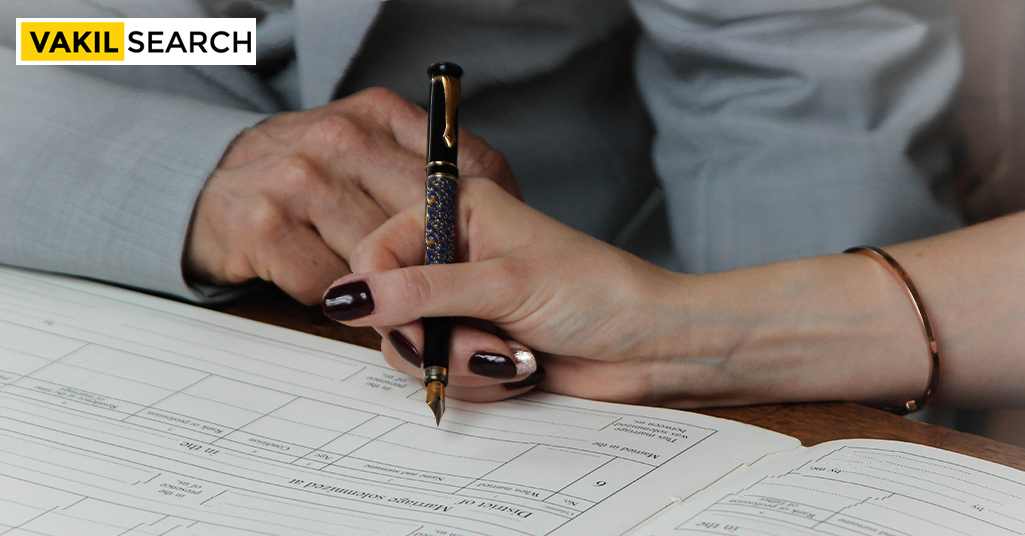A will is a legal document that conveys a person's wishes and must be followed following all those objectives. Only Will's executor has access to probate.
Introduction
Probating a Will as the Executor of a person’s wishes must be carried out according to the indicated objectives in a will, which is a legal instrument. The testator or testatrix is the person who creates the Will, and only they have the power to do it while they are still alive. As a Executor Need to Know About Probating a Will
The executor of the will must petition the court for probate along with the original will. The executor (who will be the petitioner in the case) must include the names and addresses of the deceased’s rightful heirs in the petition so that notice can be served to them.
By making a will, a person expresses their desire for certain others to follow their instructions after their death. Executors are the people designated in a will to carry out the terms of the document. Probate is only accessible to Will’s executor.
Who Is Eligible To Apply For Probating a Will?
Only the executor(s) designated in the Will may request probate. The executor must certify the Will in a court-sealed application for the grant of probate. If there are multiple executors, the probate may be granted to them all at once or in line with the timing of the application. If no executor is named in the Will, the court just issues a basic letter of administration rather than a probate document.
Who Is A Will’s Executor?
An individual who accepts the duty of managing the division of the deceased person’s assets following their desires is referred to as the executor of a will. The Will must not provide the executor’s name to be valid. To guarantee that the Will is carried out correctly and in accordance with the deceased’s desires, it is customary to name an executor.
How Important Is A Will’s Probate?
It is considered that a will’s legal authority to transfer property to the beneficiaries listed in Will’s bequests is granted by Will’s probate. However, there are a few situations in which probate may be necessary. In a society where the property has been granted to a person, let’s imagine that person wants to live there.
As a result, the owner is the individual who died and left a Will, according to the social register. The executor then declares probate of Will, confirming their authority to transfer the property, even though the transfer might not be accepted by society. A Probate of Will or any codicil connected by anyone., primarily of:-“Indian Hindus, Buddhists, Sikhs, Parsis or Jains”, is common in cities like Chennai, Kolkata, and Mumbai.
Probate would still be necessary even if the Will is made outside certain regions but contains assets. Compared to the “Letter of Administration,” probate is entirely different. When no executor is named in the “Will” or the deceased individual leaves no will, probate will be granted.
What Are Some Likely Reasons For Will Probate To Be Needed?
If There Was No Will, Then Probating a Will Is Required
In the absence of a will, probate is required. The probate process manages the beneficiaries, which also distributes the decedent’s assets and “title” to the property.
Exists A Valid Will
A legitimate will must go through probate for the beneficiaries to receive the rightful distribution of the estate’s assets (minus some smaller estates).
If There Are Any Issues With An Existing Will
These problems can involve some or all of the following:-
- The “will” contains errors or was falsely carried out;
- The submitted version is not the only one to take into account;
- Or any other challenges to Will’s integrity;
- The Will was written when the deceased wasn’t mentally fit (Eligibility element).
Six Steps Of The Probate Procedure
The executor designated will typically take on the responsibility of managing probate. The state probate court will determine the inheritance laws if there is no will. Although the probate procedure and timeline will differ from state to state, probate legislation generally requires these stages.
Step 1: By Filing A Petition, The Probate Process Can Begin
You must file a request in the county where the decedent resided at the time of death. Your formal recognition as the estate’s legal executor will be requested in the paperwork. You must submit the petition, the death certificate, and a legitimate will if any.
After that, the court will schedule a hearing to confirm the executor (or hear other parties’ objections). If the court accepts you as the executor, the probate case will be formally opened, and you will be allowed to represent the estate of the deceased.
Step 2: Send a notice
All creditors, beneficiaries, and heirs must get a notice in the mail that the estate is undergoing probate (as required by the court). Some states might additionally demand that you print a statement in the newspaper.
Step 3: Inventory Assets
Gather, list, and evaluate any assets that must go through probate and then offer them to the court.
- Bank accounts
- Real estate
- Stocks and bonds
- Retirement accounts
- Personal belongings, including valuable art collections
Step 4: Manage The Debts And Bills
Gather funds due to the estate, such as unpaid rent and salaries. Review any unpaid bills and debts, and determine whether or how they need to be paid. You might have to conduct some study for this. Chequebooks, emails, or bank accounts may need to be searched for information.
Before paying any debts, you must be sure the estate has enough assets to cover them. The state will then give creditor claims precedence in that situation. You’ll also need to file a final estate income tax return and pay any necessary taxes. Setting up an estate account to cover the estate’s final debts and expenses is typically a good idea.
Step 5: Distribute All Remaining Assets
Beneficiaries won’t get their portion of the estate’s assets until all debts have been settled. You will ask the court for permission before making these disbursements, and the court and probate court judge oversee this procedure.
The court’s job is to make that the executor is operating fairly and that the estate’s financial responsibilities have been met. The executor will ultimately benefit from this process since you will reduce your legal risk by functioning under the court’s supervision.
Step 6: Close The Estate
Upon completing the distribution process, you will ask the court to close the estate and release you from your executor duties after submitting receipts and records of all transactions.
Requesting Probate In The Absence Of An Executor Named In A Will
The testator’s lawful heirs might choose an administrator of a will if the testator did not choose an executor in their Will. This person may transfer the property mentioned in the Will. However, one of the testator’s legal heirs may petition the court to have someone appointed as the administrator of the Will if the testator’s legal heirs have not yet made that decision.
Conclusion
The Will must be shown beyond a reasonable doubt to be the deceased’s last Will to receive probate. A probate attorney from Vakilsearch can assist you if you’d want some direction while going through the process. An attorney or probate lawyer has experience assisting executors in estate administration.
Read More:









